Tag: individual rights


The Soviet Union’s terrible legacy on democracy and minority rights
February 7, 2024 | Post
Since they first seized power, Soviet leaders have claimed their “democracy” to be the best in history. However, their understanding of democracy differs significantly from that of the United States and other Western nations.
This second piece of a series addressing myths about the Union of Soviet Socialist Republics (USSR) will focus on the country’s strange legacy on democracy and minority rights.

Why freedom matters more than safety
October 9, 2023 | Post
Safety is, of course, to be valued, but some important questions do arise, particularly in the context of our 21st-century challenges: Are we sacrificing too much freedom in the pursuit of safety? Is freedom more important than safety, and if so, why?
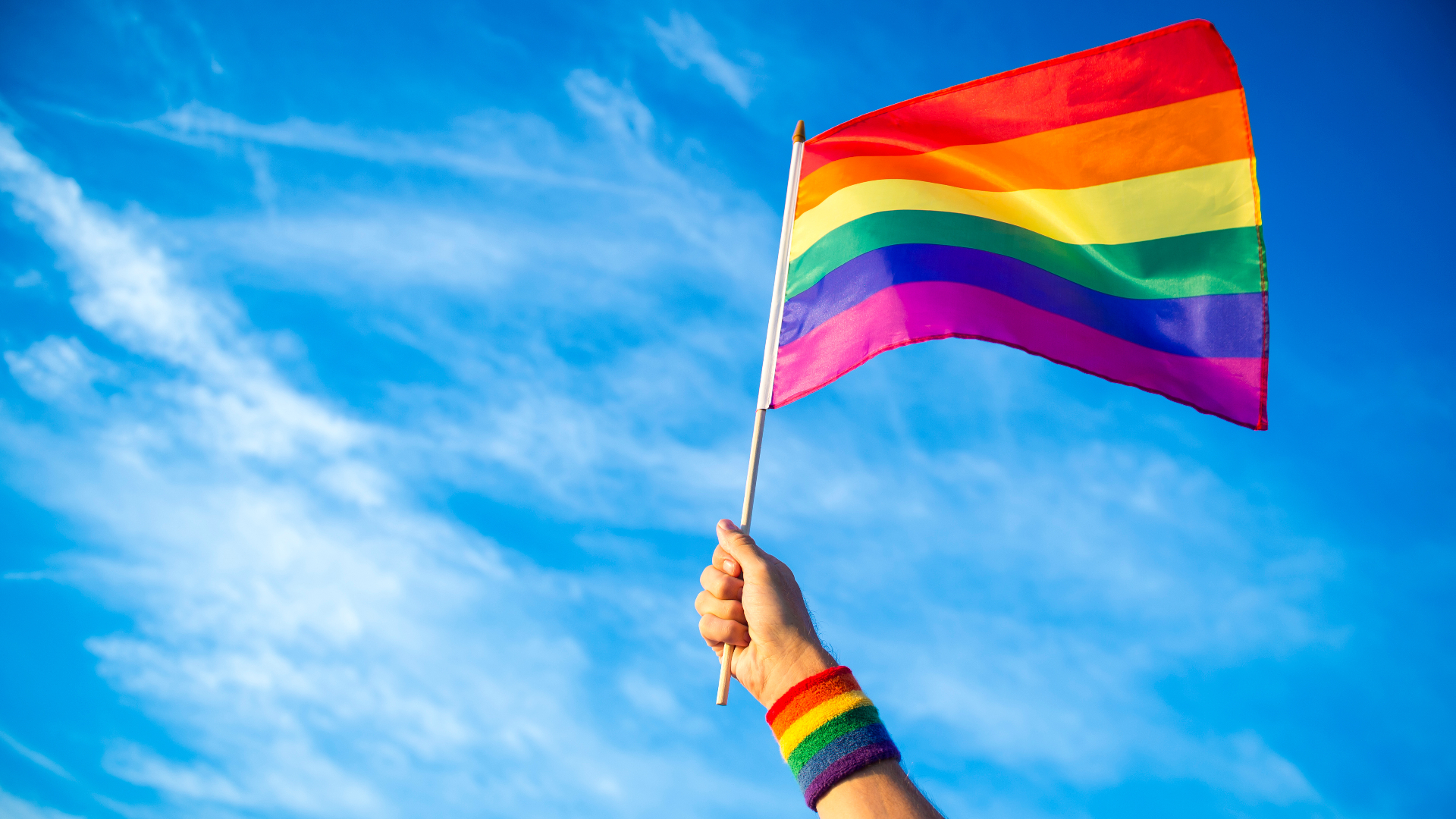
Why defending LGBTQ+ liberty remains an imperative
August 24, 2023 | Post
In a society that increasingly claims to champion progress and inclusivity, a recent tragic event stands as a stark reminder of the enduring danger faced by LGBTQ+ individuals and their allies.

How classical liberalism played a crucial role in advancing LGBTQ+ rights
June 28, 2023 | Post
Classical liberalism, with its emphasis on individual liberties and limited government intervention, has played a crucial role in advancing the rights of the LGBTQ+ community throughout history.
By advocating for principles such as individual liberty, reason, fundamental rights, and equal treatment under the law, classical liberal ideas have challenged societal norms, fought against oppression, and paved the way for greater acceptance and inclusion.
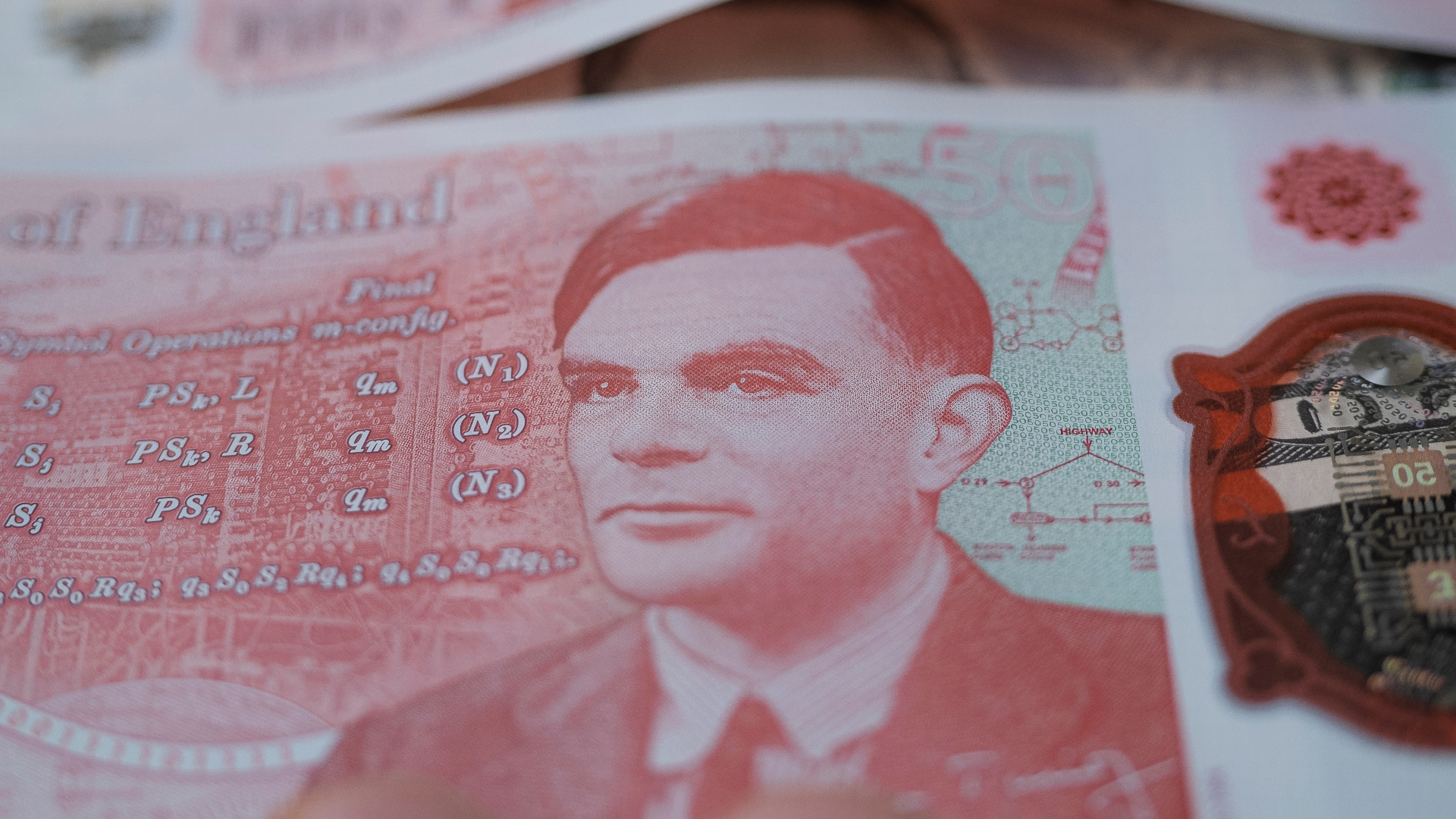
How Alan Turing’s tragic tale epitomizes LGBTQ+ persecution by governments
June 13, 2023 | Post
Alan Turing was an English mathematician, cryptanalyst, and computer scientist who played a pivotal role in deciphering intercepted enemy communications during World War II. However, Turing was later persecuted by the British state due to his homosexuality. His story epitomizes the persecution of LGBTQ+ by governments
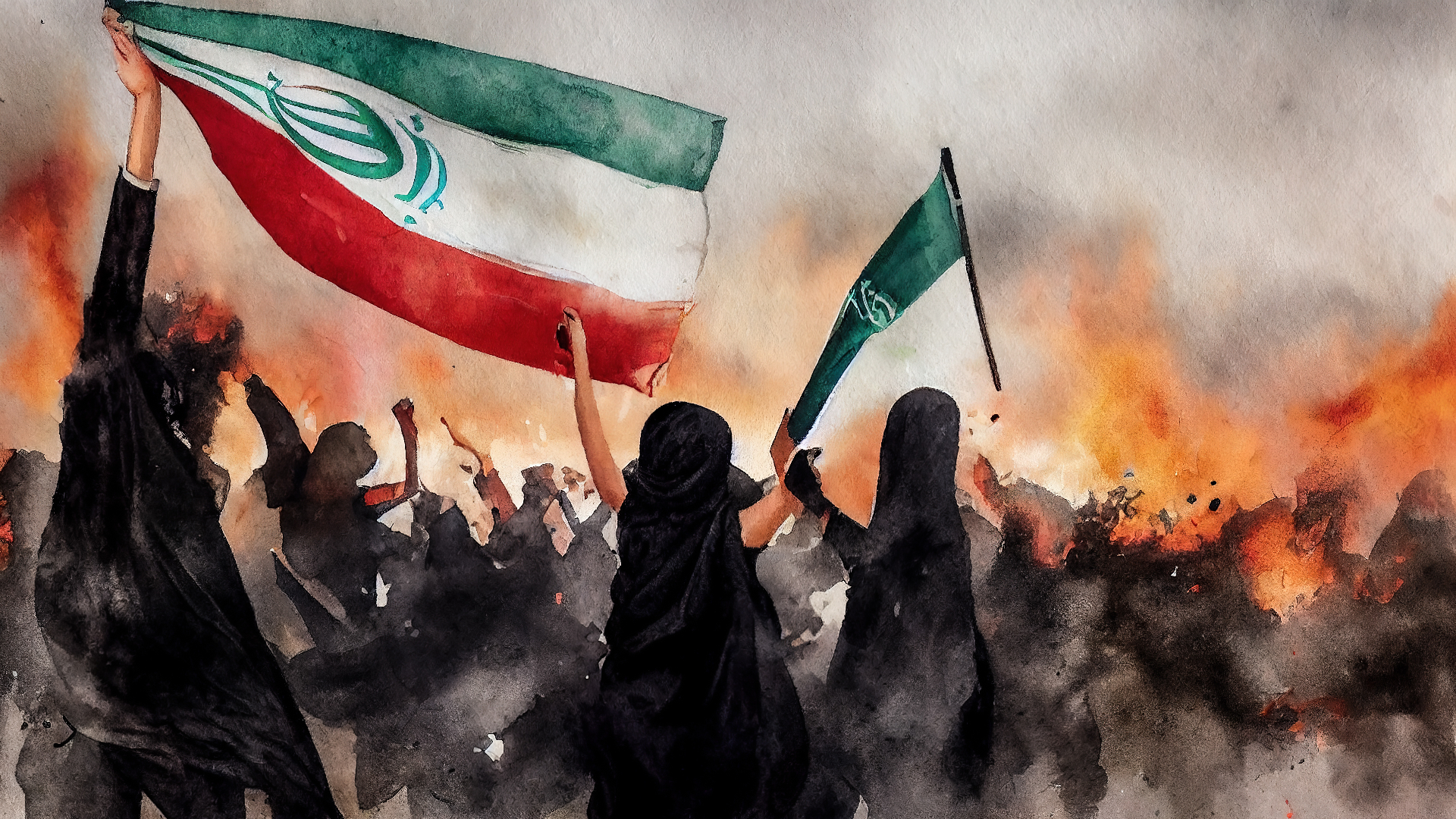
Political Islam and the violation of individual rights
April 5, 2023 | Post
Can you imagine living in a country where your government can kill you for not following a state-imposed dress code; or jail you for ten years for sharing a video of yourself dancing with your fiance; or kidnap you for daring to speak your mind? Iranians live in such a place.
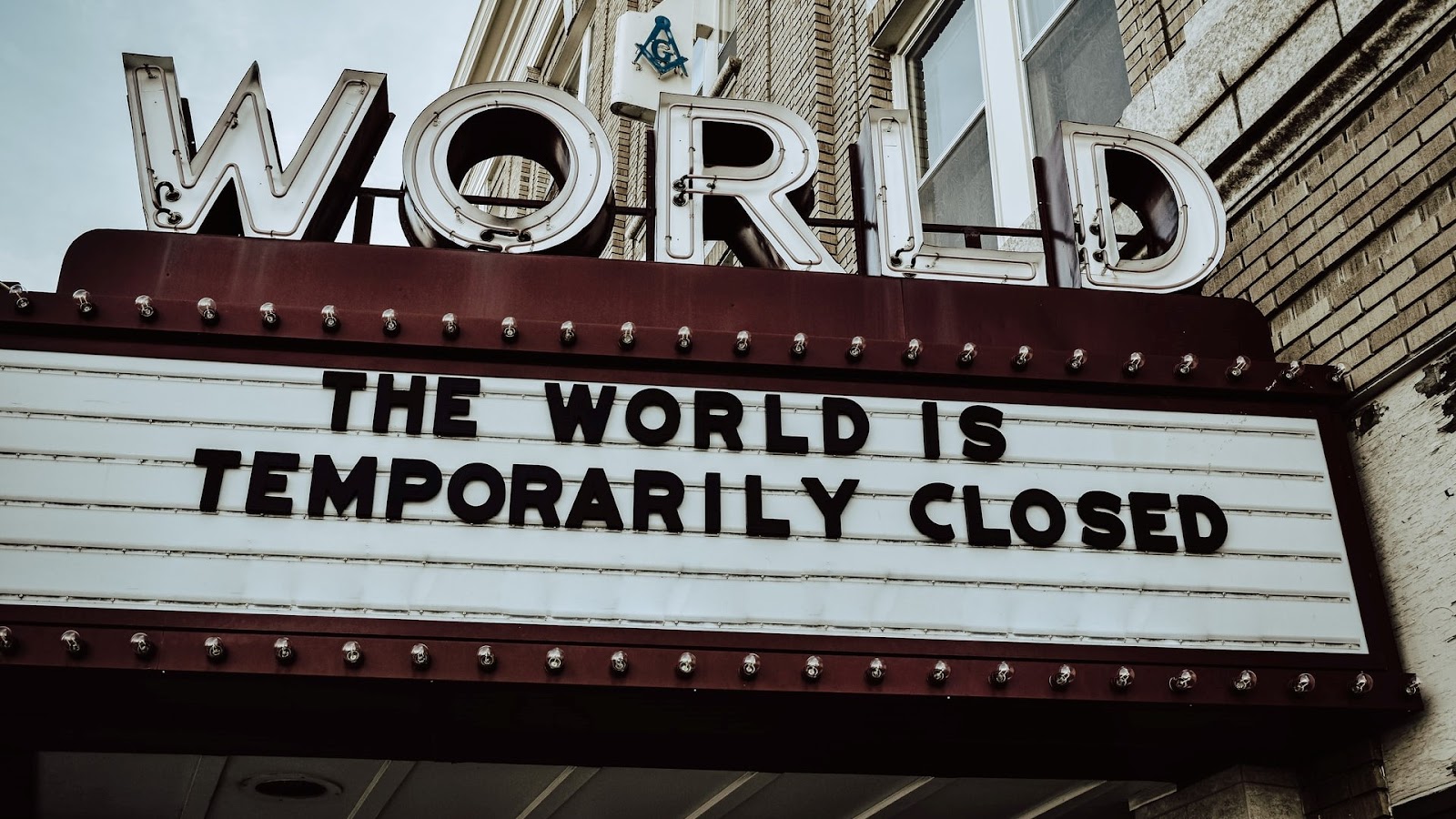
The COVID-19 pandemic highlights the changing role of government
March 24, 2023 | Post
Alongside economic devastation and a mental health crisis, another legacy of lockdowns will be changed perceptions of the role of government

How gay pride is a celebration of liberty
December 23, 2022 | Post
Every time someone does not conform to what is attempted to be imposed on them; those people are celebrating pride in being themselves. That’s why gay pride is so special. It is resistance against those who do not love the freedom of others.
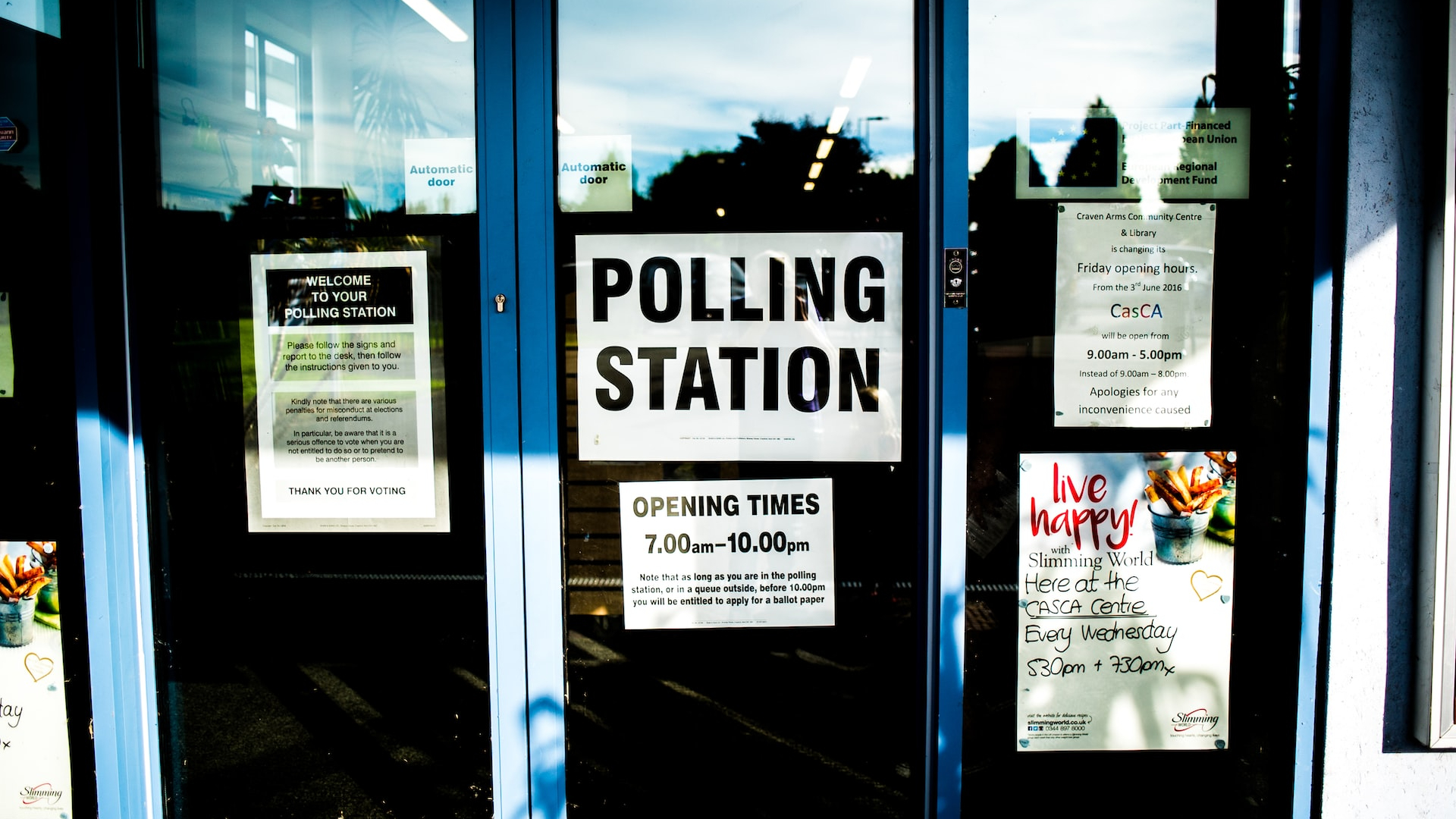
Why democracy is good for liberty
September 15, 2022 | Post
There is a growing tendency among libertarians to attack the concept of democracy, and blame it for America’s problems. But this is reckless: we need to address the issues within our system and provide alternatives instead of burning the entire thing down.

LGBTQ+ rights in Ireland: a redemption arc
June 22, 2022 | Post
The redemption arc around LGBTQ+ rights in Ireland shows the possibility of rapid social change in favor of greater liberty.
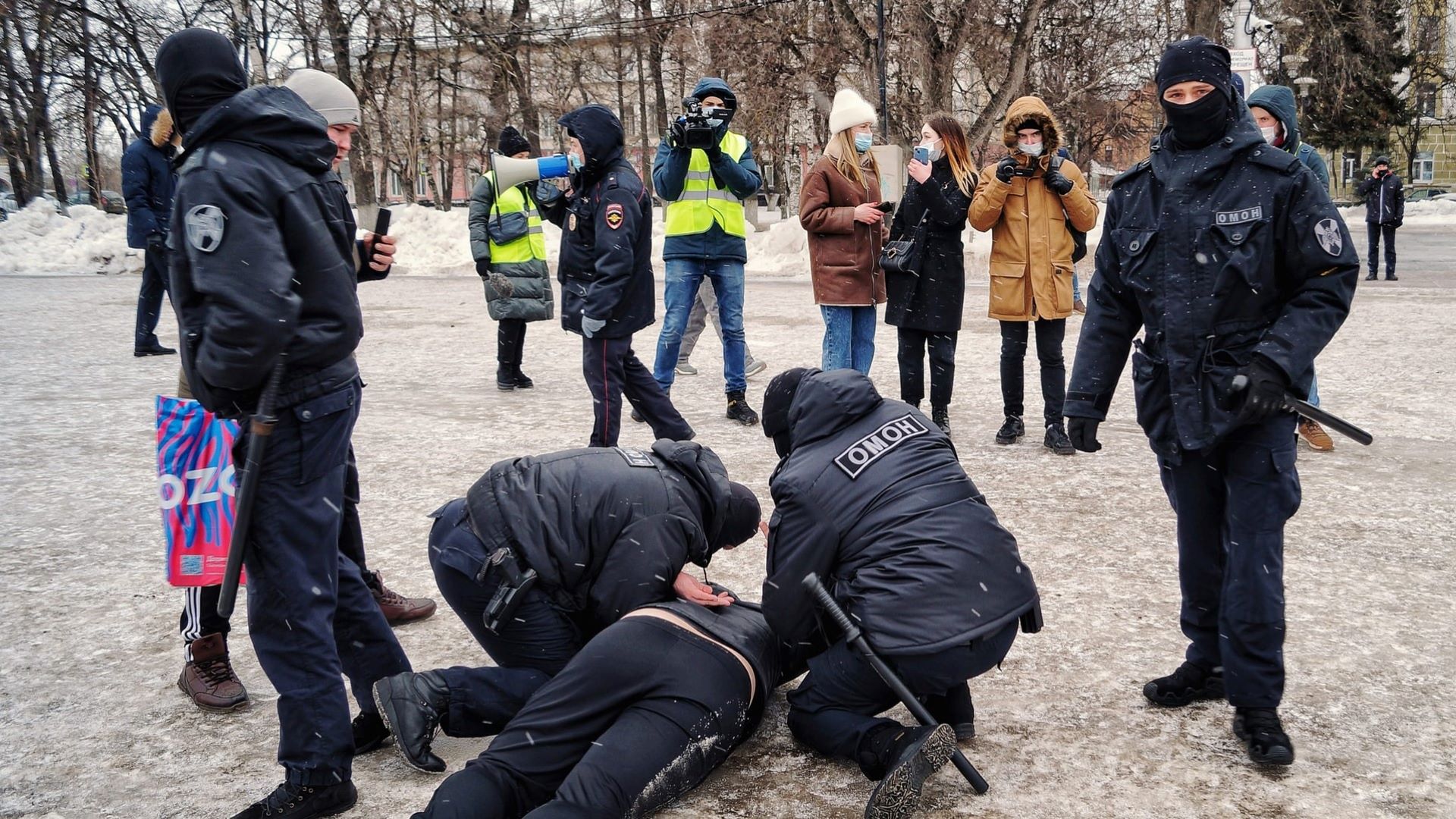
We cannot let freedom of speech become a casualty of war
June 17, 2022 | Post
Freedom of speech during wartime is crucial for transparency. If this right doesn’t apply during wartime, does it even exist in any meaningful sense?

Objectivism: a philosophical defense of liberty
October 22, 2021 | Post
To make a coherent defense of liberty, it is important not to neglect the philosophical and moral considerations that underpin our individual rights.

Are Immigration Restrictions Required by Individual Rights?
April 29, 2017 | Post
How do those who take individual rights seriously address the argument that immigration restrictions are justified as a means of securing liberal institutions?

Women prosper when markets are free
March 8, 2017 | Post
Today is International Women’s Day and, in some of the least surprising news of the day, it turns out that women’s equality ties into economic freedom. International Women’s Day was founded by the American Socialist Party in 1909 and usually ends up celebrating women in government, politics, and statism, but let’s look at something else. […]

Weird election rules: The baseball hall of fame
February 18, 2017 | Post
Any variation in election rules — for president, for student body treasurer, or for anything else — allows us to examine the rules’ impact on voting outcomes.

In democracy, minorities are ignored and the voters are ignorant.
December 2, 2016 | Post
The following is the third installment in a five-part debate between Jason Brennan and Philip Pettit on the legitimacy of democracy as a system of social order.

The Right to Sit During the Pledge of Allegiance
September 16, 2016 | Post
One’s right to life, liberty, and property, to free speech, a free press, freedom of worship and assembly, and other fundamental rights may not be submitted to vote; they depend on the outcome of no elections.
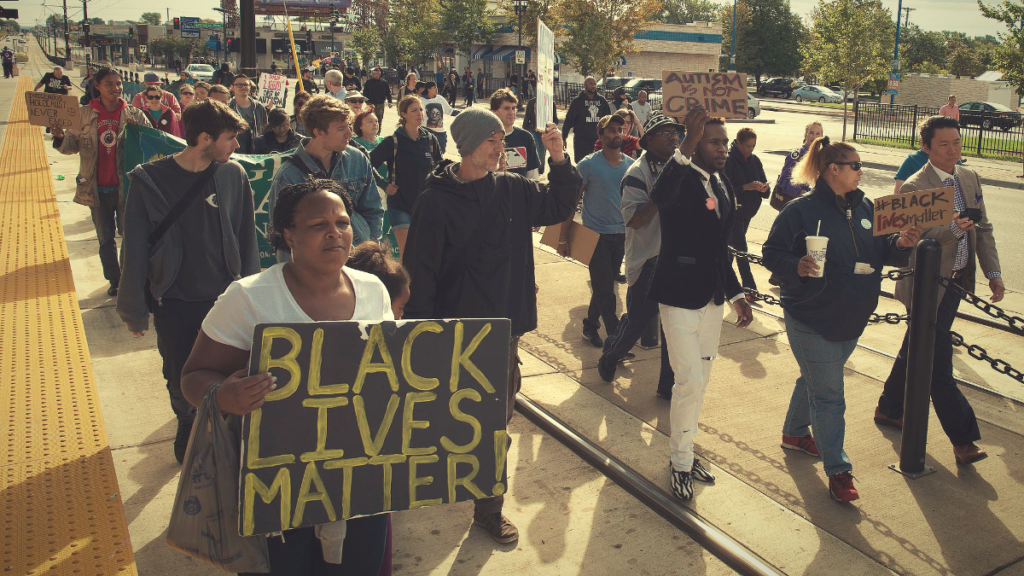
Police Misconduct Upends the Role of Government
August 30, 2016 | Post
A lack of basic police accountability foments distrust within communities, especially communities of color, turning the social contract on its head.

